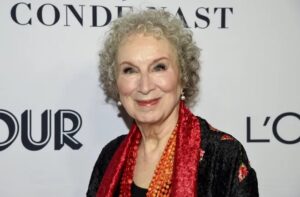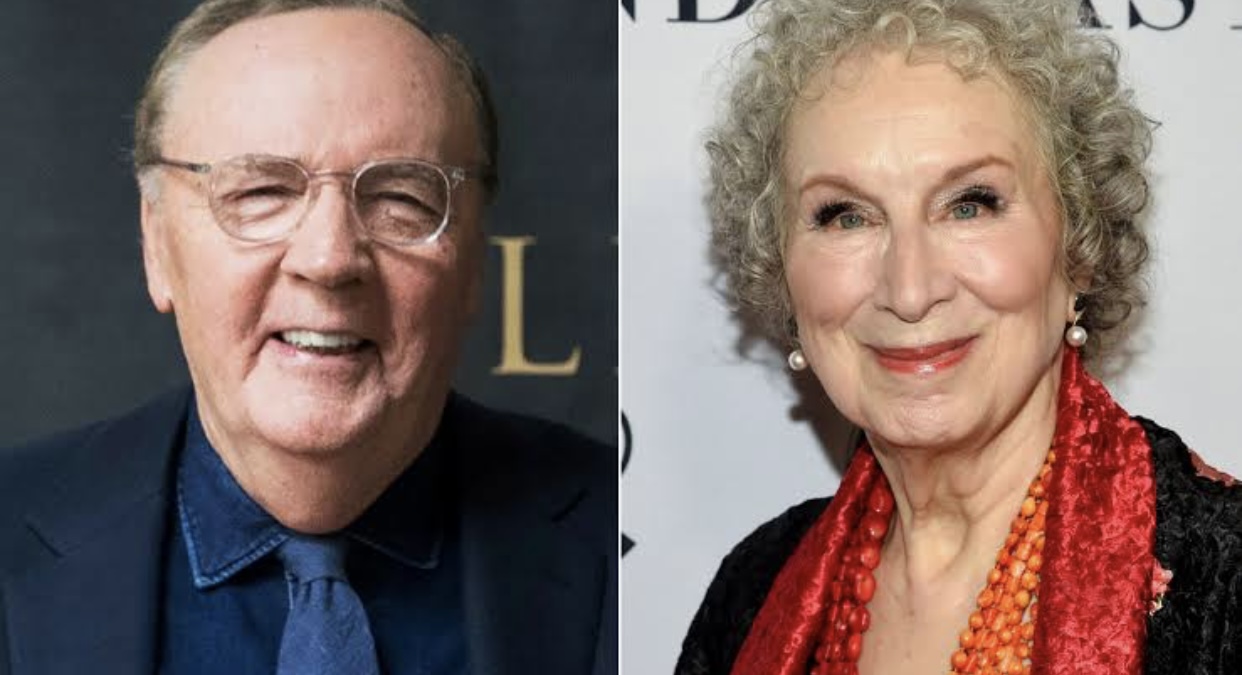In a recent development, thousands of writers have called on AI firms to respect their content ownership rights.
Renowned writers like Margaret Atwood, Jonathan Franzen, James Patterson, Suzanne Collins, and Viet Thanh Nguyen are among those supporting the letter, directed at the CEOs of OpenAI, Meta, Microsoft, Alphabet, IBM, and Stability AI.

The Authors Guild, the largest US writers’ organization, organized the letter, exposing the “inherent injustice” in AI.
These AI technologies reproduces authors’ works, relying on millions of copyrighted books, articles, essays, and poetry without compensating the creators.
AI companies invest billions in developing technologies, and the authors argue for fair compensation, as their works underpin AI capabilities.
Furthermore, the letter emphasizes AI’s impact on writers, especially emerging voices, making it harder to earn a living.
Generative AI models like ChatGPT rely on vast amounts of internet-scraped data to produce human-like content, which raises concerns among writers and artists.
Protecting content ownership rights in an AI-driven society
The Authors Guild’s letter is part of the growing opposition from the arts industry towards AI development. Hollywood actors and writers are on strike, including issues related to the use of AI in filmmaking.
OpenAI also faced a lawsuit filed by US authors alleging the misuse of their work in training the ChatGPT chatbot. Authors Paul Tremblay and Mona Awad are seeking damages, accusing ChatGPT of mining information from around 300,000 books without permission.
This call to action by writers underscores the growing concern within the creative community about protecting their content ownership rights in an increasingly AI-driven world. Writers are demanding for the ethical and legal treatment as AI plays a bigger role in content creation.
